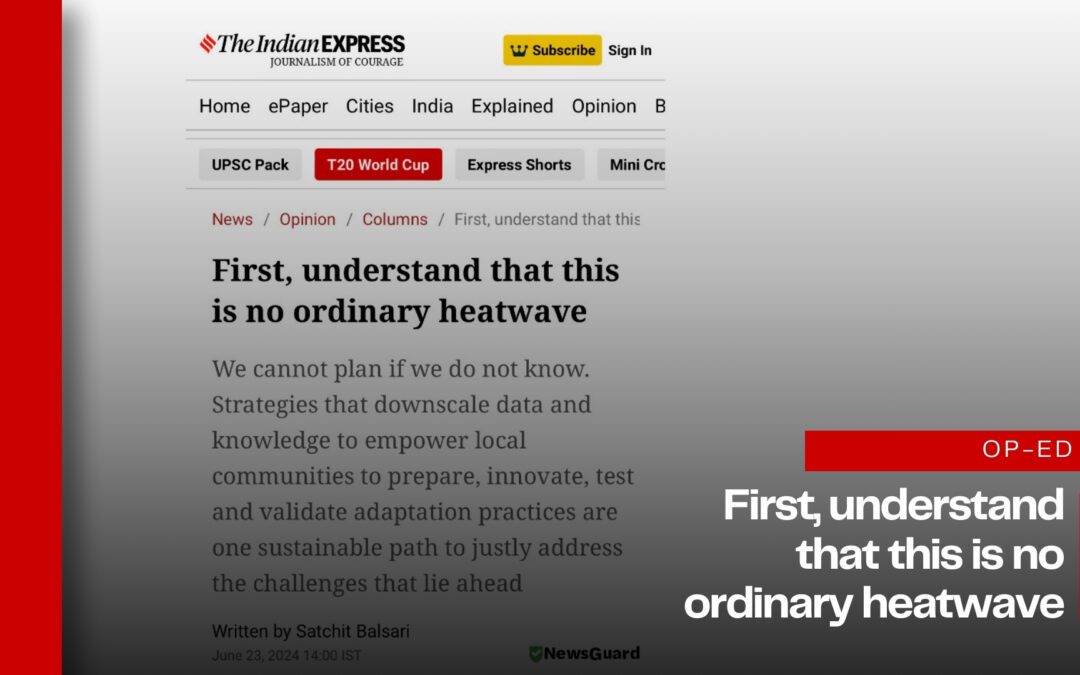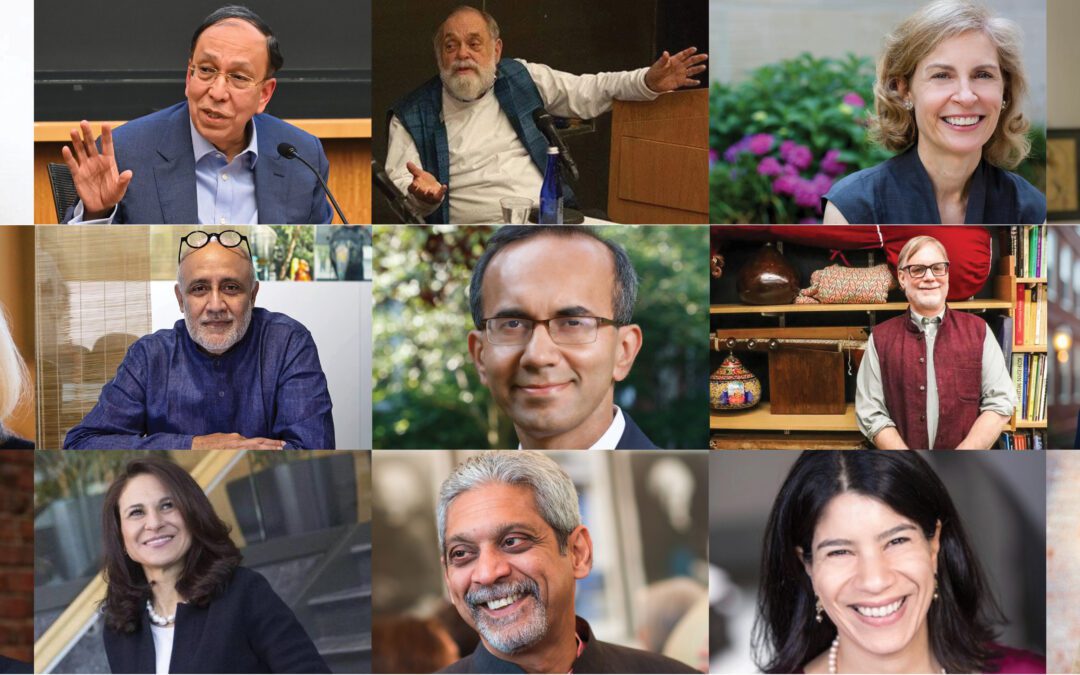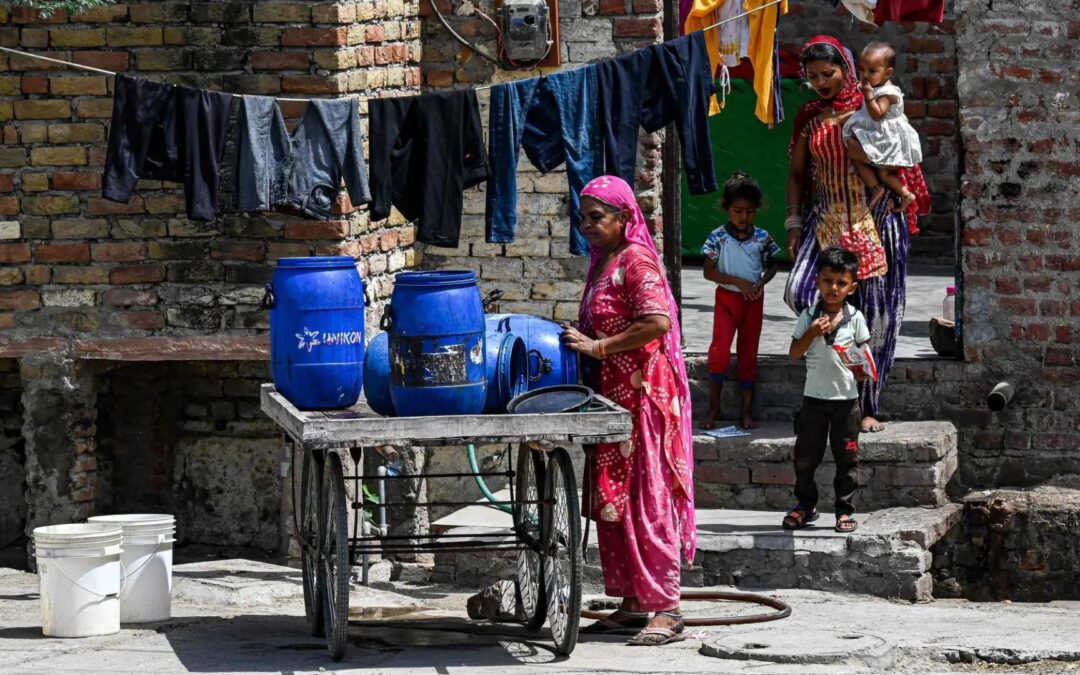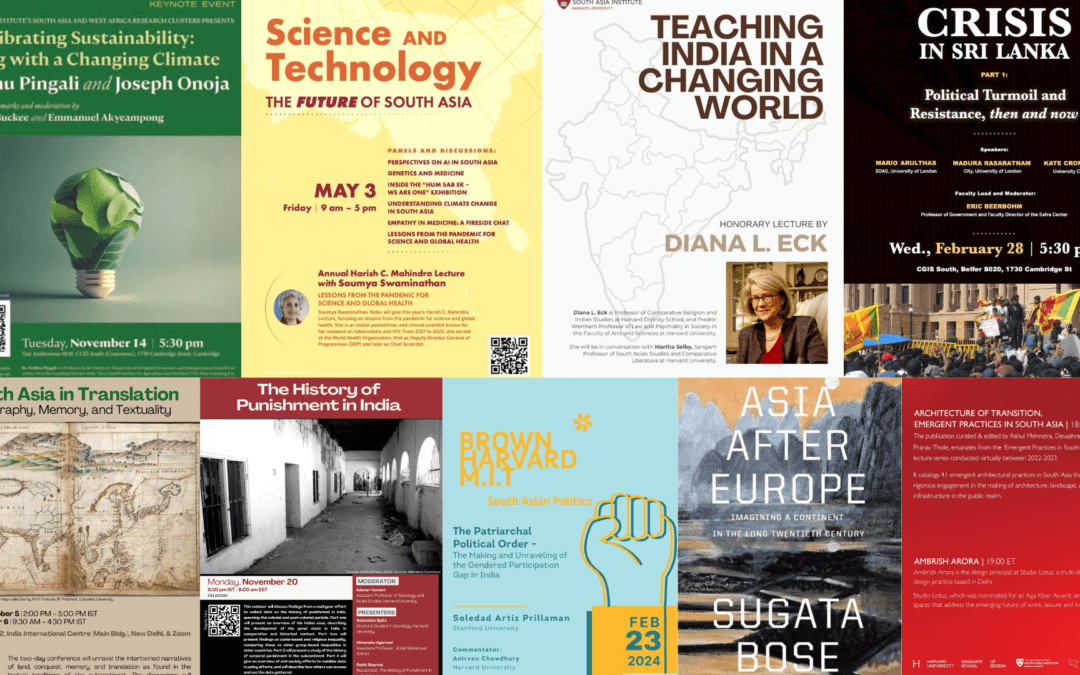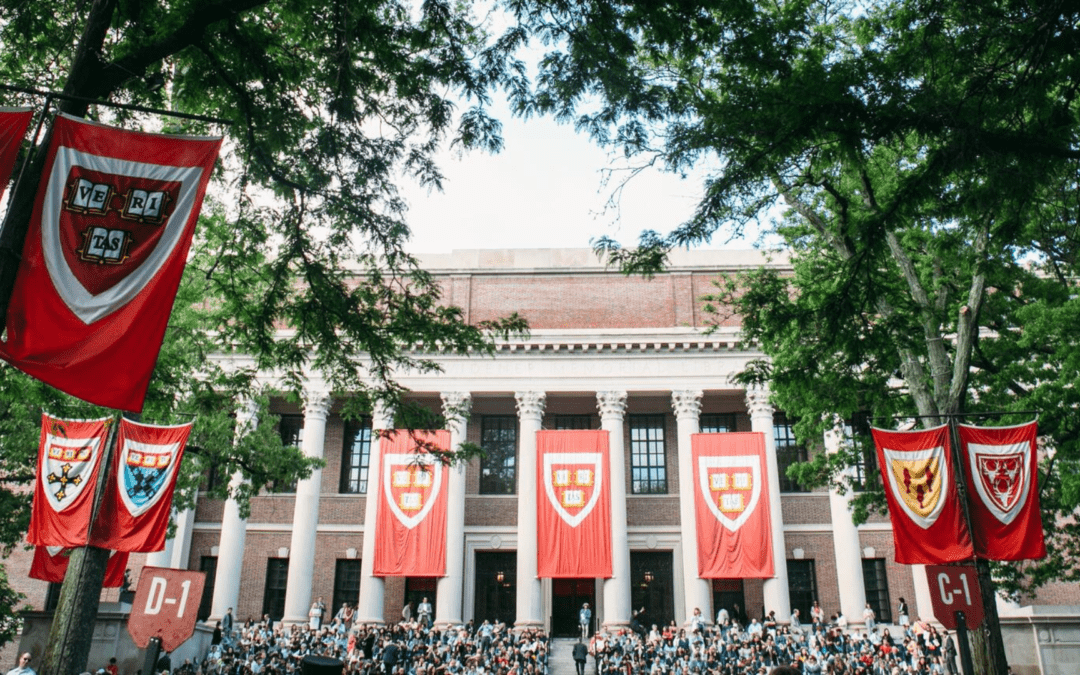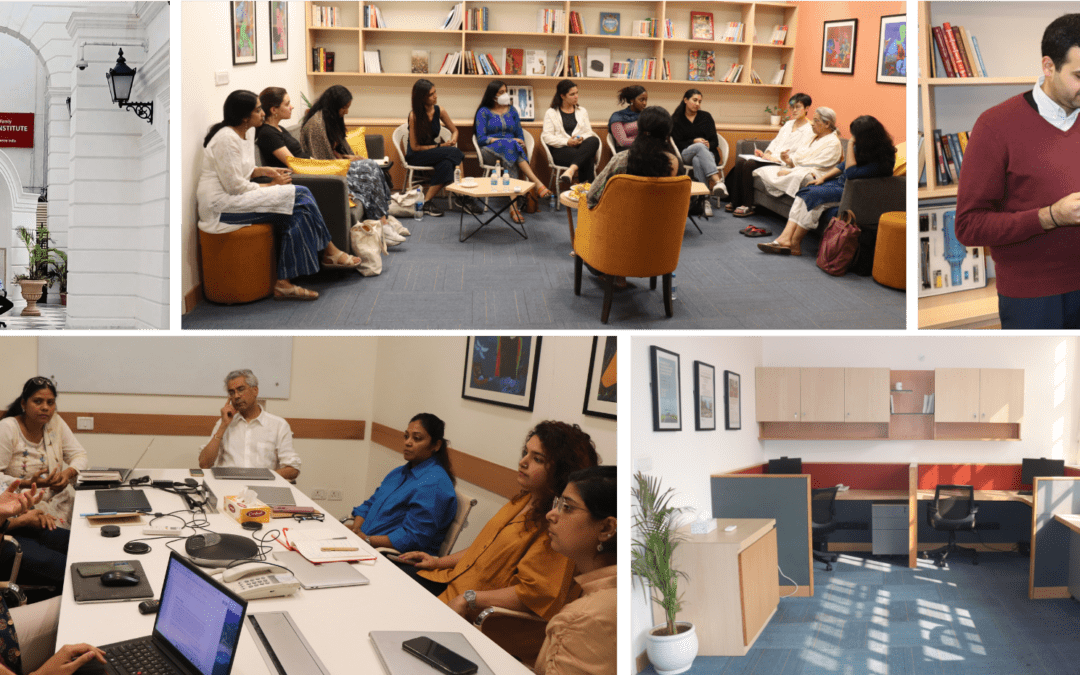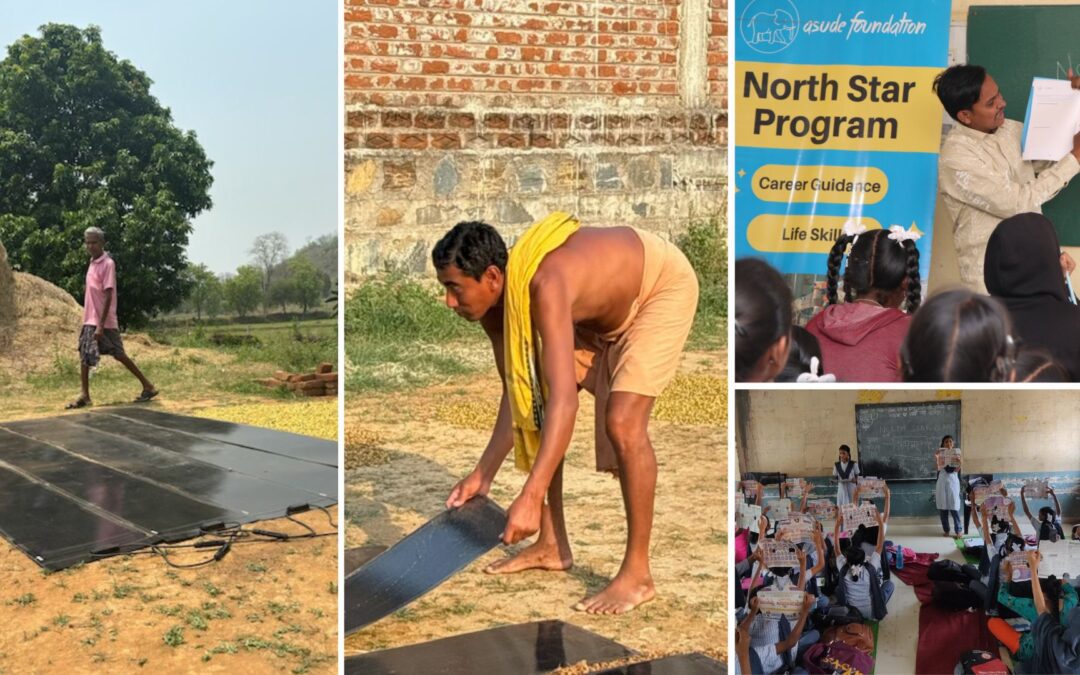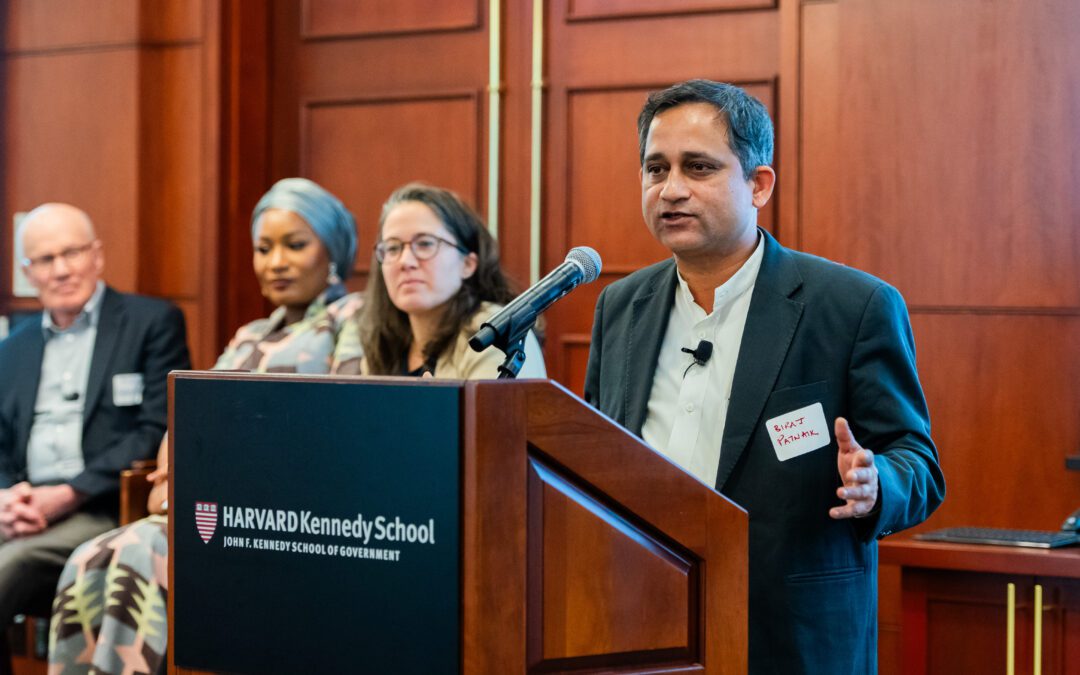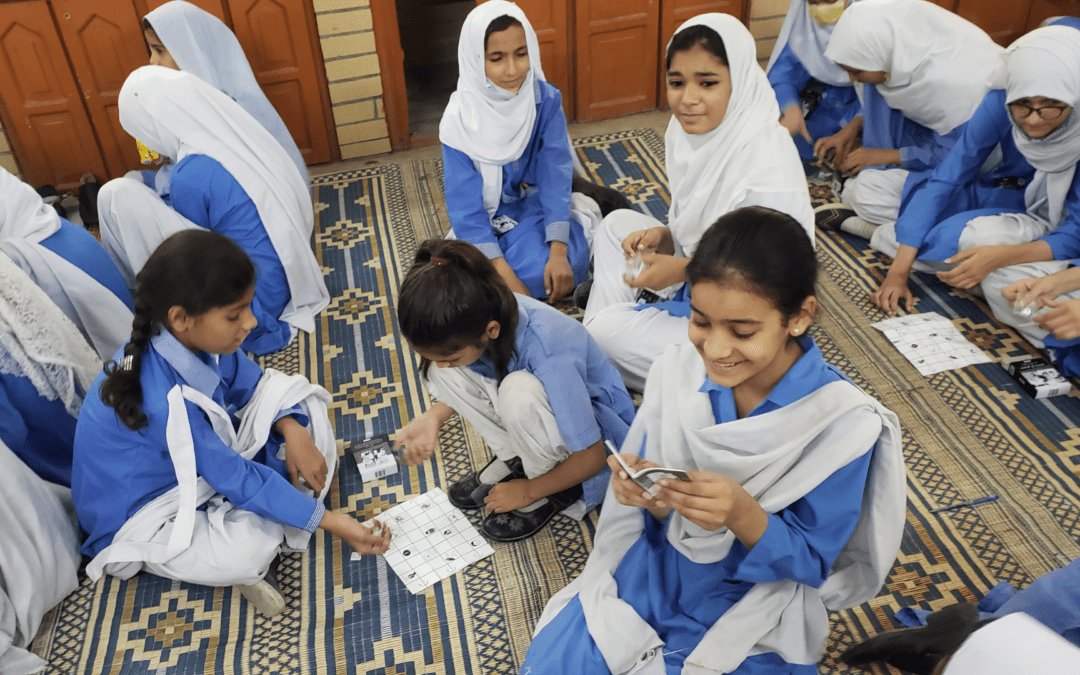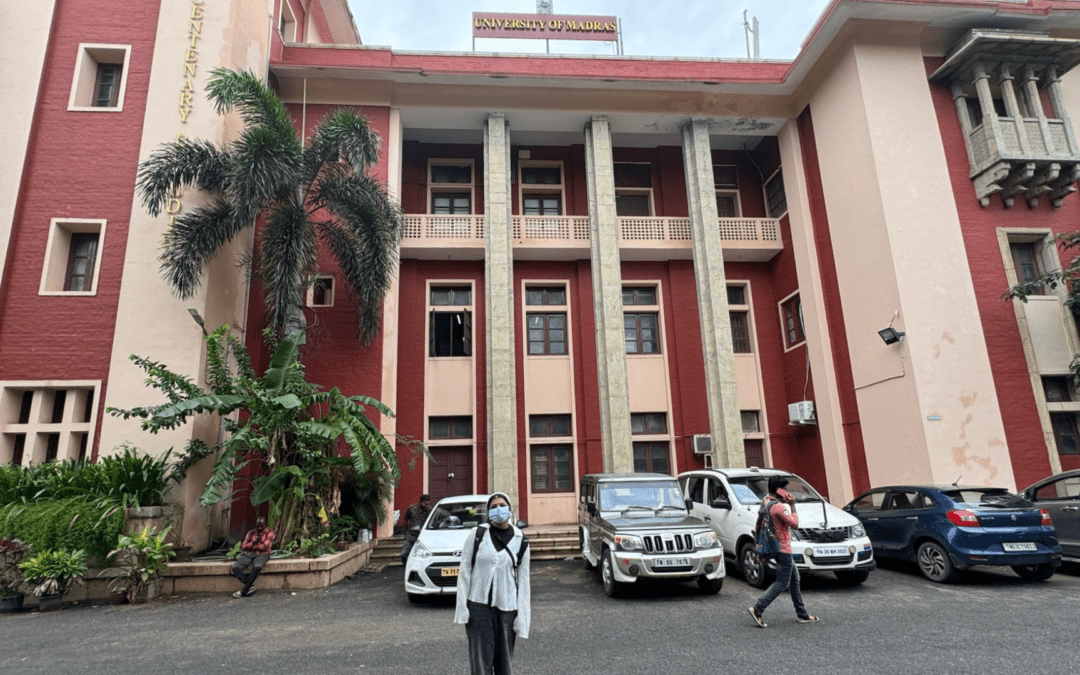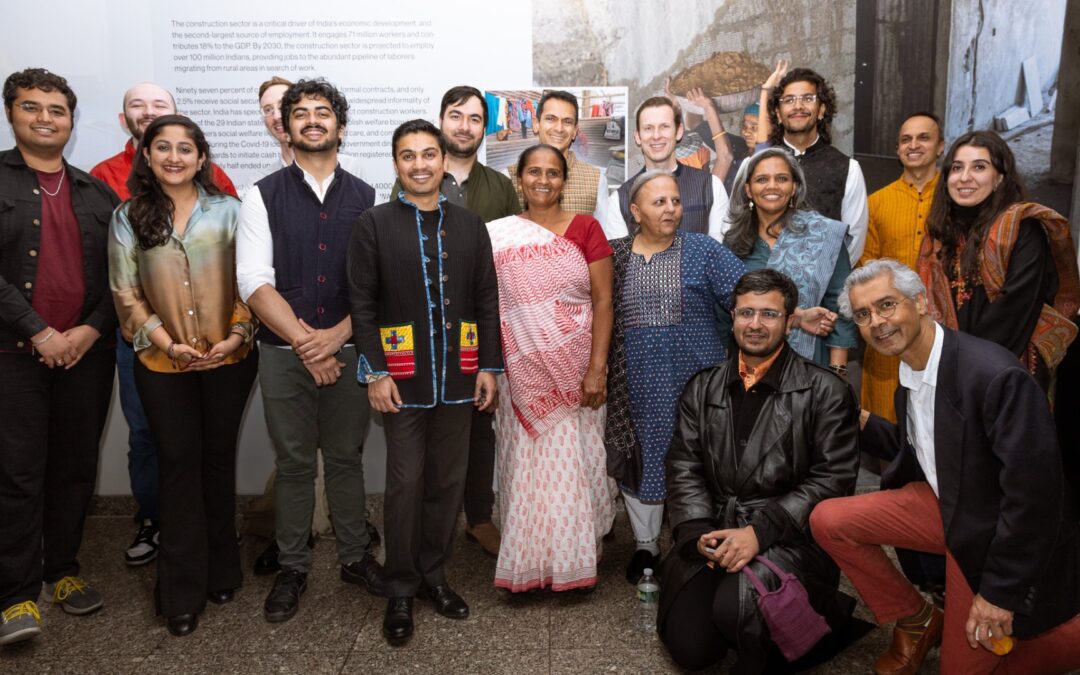Harvard Project Tracks Heat’s Impact on India’s Most Vulnerable
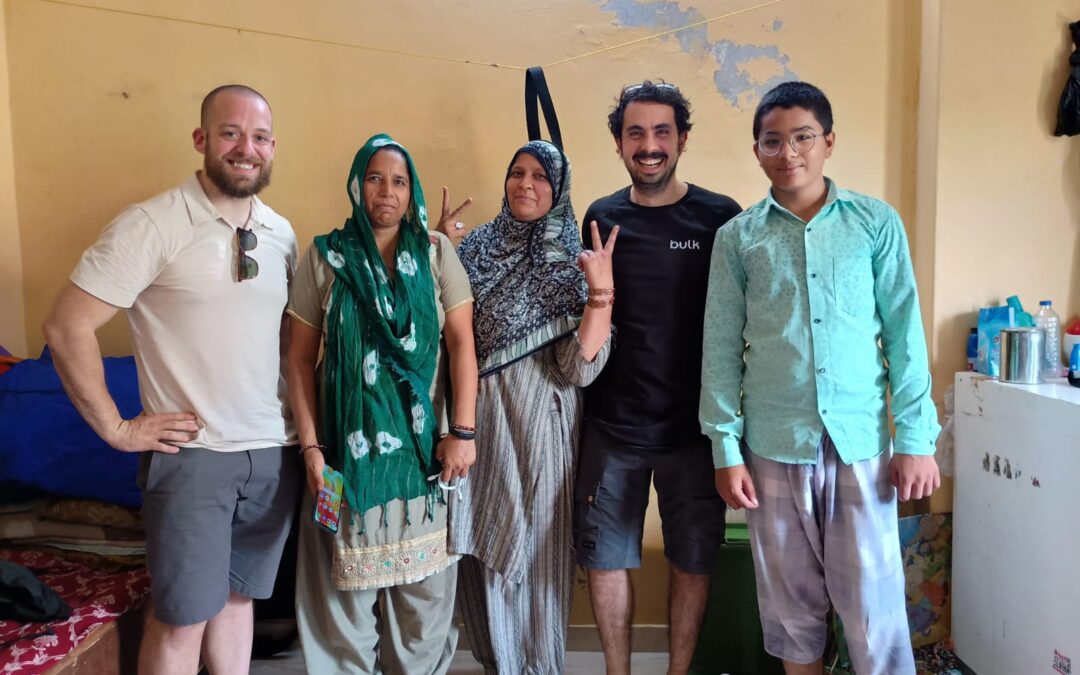
The Mittal Institute’s CommunityHATS project, funded by Harvard’s Salata Institute for Climate and Sustainability, was conceptualized as a way to address a major gap in the data related to heat impacts. Often macro-level data on temperature fails to capture the impacts on the most vulnerable, including informal workers who labor in exterior spaces without protection from extreme temperatures. This summer, two members of the CommunityHATS team traveled to Ahmedabad City in Gujarat, India, to work with the Self Employed Women’s Association (SEWA) in deploying sensors to collect temperature data from poor working women and their environments. Their work occurred concurrently with one of the most extreme heatwaves India has ever faced.

